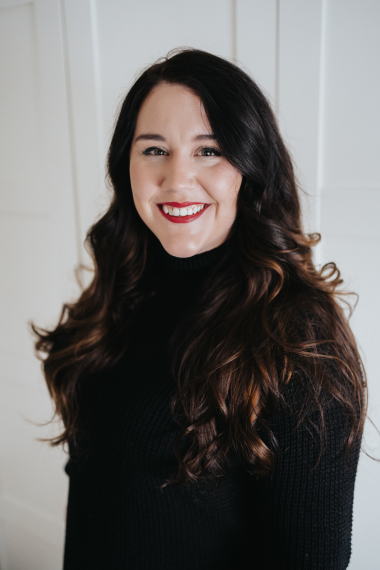
Year Graduated: 2015
Area of Emphasis: Political Economy and Administrative Change
Other Education: Master’s in Public Policy and Administration @ Toronto Metropolitan University
Current Role: Senior Manager of Policy at the Ontario Digital Service branch of the Ontario Public Service
What development issue is most important or of the most interest to you?
"I’m a policy professional, so I make recommendations about things that government should or could do in order to increase the well-being of the people that live in this province. So, as a policy professional, I now look at development a lot through that lens, and the development issues that interest me most are related to that. Firstly, there's the colossal failure of a lot of development work that happens because of bad or ill-informed policy. Secondly there's an enormous literacy gap with the public. The public's aptitude and understanding about international development issues is very, very low, and I think that this really creates and exacerbates the problems in a lot of international development work. Sometimes it can really be an abject failure that results in a lot of wasted money and wasted efforts. Of course that’s not just on the international development stage - there are policy failings and literacy gaps at every level. There are development initiatives that happen as locally as the municipal level: trying to make services accessible, trying to connect people with the resources they need, trying to get a more equitable distribution of resources. This happens at all levels of government and all levels of service and program delivery, and the problems I mentioned affect them all. I’d say those are the two issues that are most interesting to me, and in particular the way they fuel and contribute to one another. The way the public narrative can be ill-framed around the "helpfulness" of international development work, combined with a lack of understanding about all the forces and all the complexities at play, and how that results in poor public policy and poorly run international development initiatives.”
What advice would you give to a current and/or prospective IDS undergraduate student?
“For prospective students, I can’t recommend the program enough. One of my colleagues is preparing to send their child to university, a sharp young person who knows they want to be working toward public good, is interested in the good of human beings generally and the social sciences, but unsure of where they should focus their energy. I met with them and talked about this program and everything that I loved about it. I’m so grateful for everything I learned in this program, genuinely. Of course, you can breeze through an undergraduate program and not really engage with the content, not really pay attention, check some boxes and move on. And that’s fair if that's what you're looking for. But if you want a program that’s really going to challenge you to think, really make you an analytical and critical thinker, and also, importantly - a creative thinker - who can come up with creative solutions to problems and approach things from different ways, this program sets you up perfectly. If you want to engage meaningfully and really learn things about the world around you, this program is for you.
For folks who are currently in the program, take those courses that terrify you, it’s good for you and this is the time to do it. It will give you the confidence to throw yourself into things for years to come, and to take on big challenges for the rest of your life that seem way outside your comfort zone. Intellectually this is an opportunity to discover how your brain works, figure out how far you can push it and learn things. So, take some of those courses where you read the title and think ‘oh my gosh, that horrifies me, I’m going to stay away from that’ (for me it was economics!) Take it, dive in, figure it out.
I would also say to current students, development questions and development issues are happening everywhere. The inequality of resources, inequality of services - this is happening in my backyard, my province, my country, not just abroad. A lot of those same challenges that we study and investigate in development classes are happening everywhere. So be open minded about the opportunities that come forward and the ways in which you can leverage all you've learned.
I absolutely did not want to be a civil servant, I wanted to do policy abroad and at first I thought I was a terrible fit for provincial government. No matter what profession you're in, it's easy to fall into mindless jobs that don't challenge you, especially when you're first starting out in entry-level positions. So it took me a while to get here, but I absolutely love my job. I get to use all this critical thinking, all the research skills, the presentation skills, communication and analysis skills I studied and built up every single day in my work. So, know that it’s going to take a little bit to find what you want to do next and to land somewhere that feels right - but you will, and the skills from GIDS will serve you very well.”